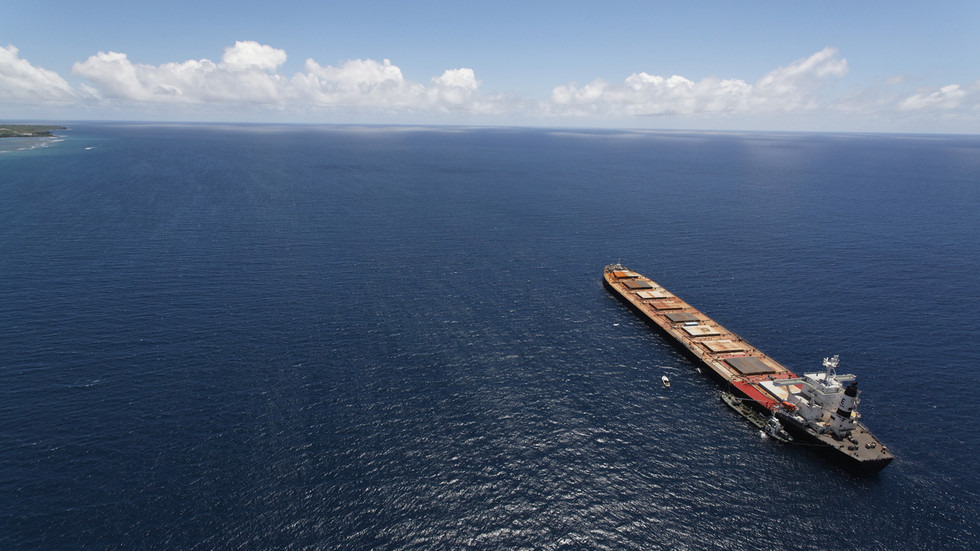
Moscow is selling crude above the $60-a-barrel price cap, according to data
© Getty Images / Paul Russell
The price limit imposed by the G7 and EU on Russian seaborne oil sales is being ignored, Bloomberg reported on Friday, citing calculations based on budget data from Moscow.
According to the Russian Finance Ministry, gross revenues from the three main tax sources of oil money nearly doubled between April and October, reaching more than $13 billion last month. That figure eclipsed sales for any single month in 2021.
The EU and G7 countries imposed a $60-per-barrel price ceiling on Russian seaborne crude last December. It prohibits Western firms from providing insurance and other services to shipments of Russian crude, unless the cargo is purchased at or below the set price. Similar restrictions were introduced in February for exports of Russian petroleum products. The measures were supposed to substantially reduce Russia’s energy revenues.
Citing a study of trade and shipping data by the KSE Institute, Bloomberg reported earlier this week that over 99% of Russian seaborne oil sold in October had been at $79.40 per barrel, well above the threshold set by the West.
READ MORE:
Russian oil price cap not working – Washington
In another effort to reduce Russian energy revenues, the US Treasury Department is seeking to increase the costs Moscow has to pay to run an alleged shadow fleet of tankers that reportedly have unclear ownership and insurance status.
For more stories on economy & finance visit RT’s business section




